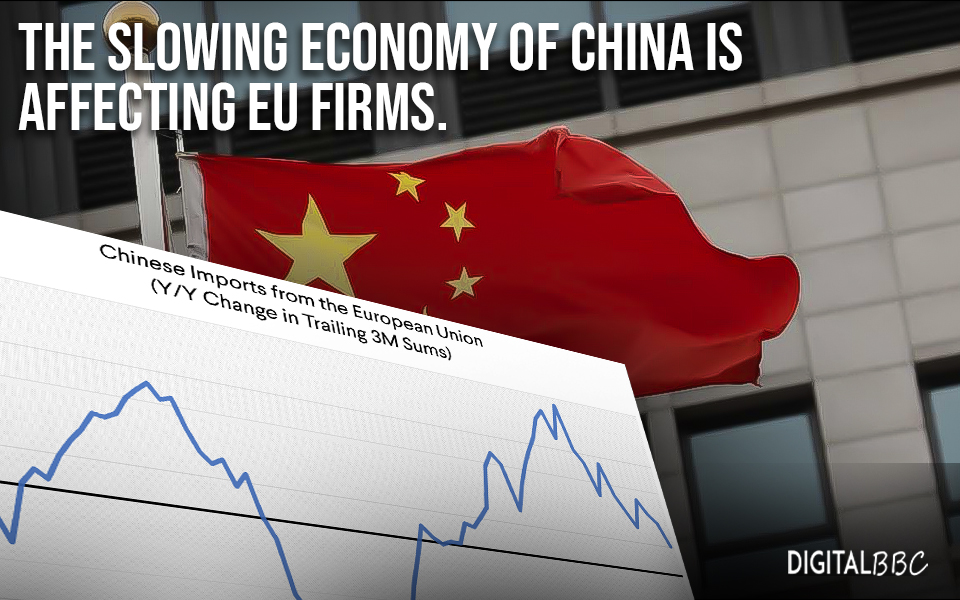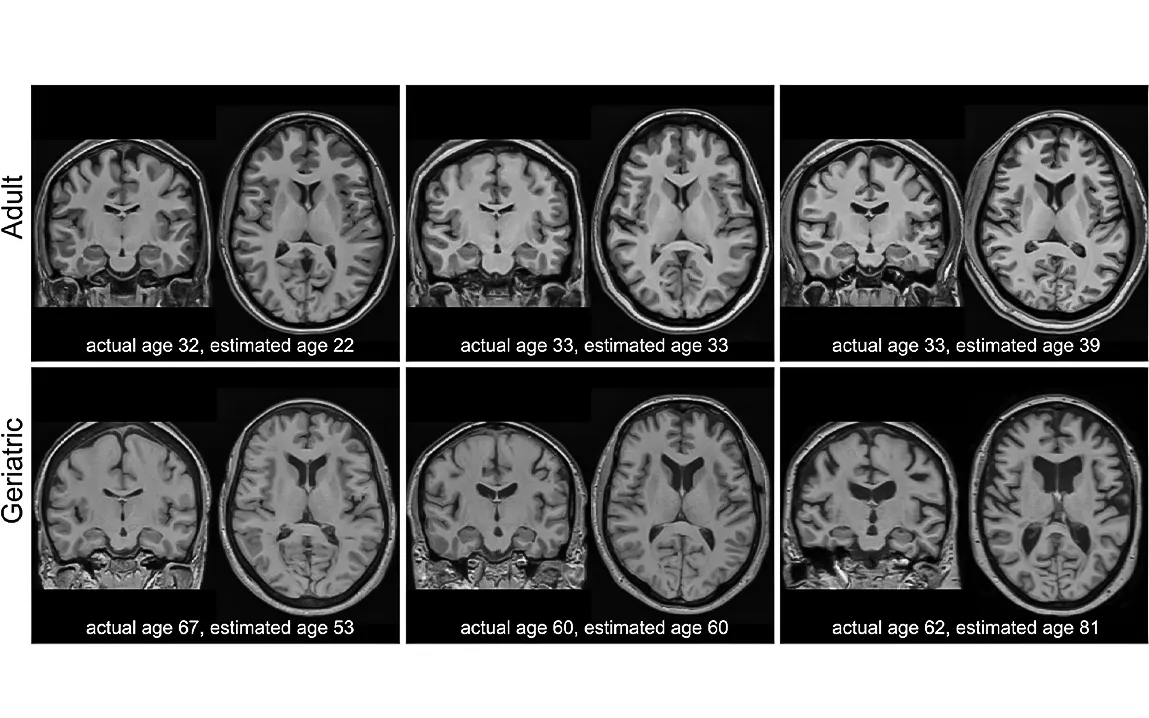The European Chamber of Commerce in China said that the decoupling and political tension with the United States are not the major problems; the Slowing down of both the Chinese and global economies is the biggest issue affecting European firms in China.
The Chamber’s annual position paper, which was released on Wednesday, stated that European companies that see China as one of their top three international investment destinations have reached their lowest level ever. Since 2010, the EUCC has recorded this figure.
Interest rates and inflation are rising at a rapid pace, which is squeezing demand in Europe and the United States. As the possibility of deflation weighs on the second-largest economy in the world, businesses in China are battling a sharp decline in prices.
A report claims that China’s contribution to corporate earnings worldwide shrank for the second year in a row. On the other hand, many companies are reporting that there is a decline in China-sourced revenues, and in 2022, they were three times higher than in 2021.
The Chamber said, “The deterioration of business sentiment that has taken place over the last three years has been significant and cannot be reversed over night.” The companies that are among the members of the Chamber are Siemens, BASF, Volkswagen, and Maersk.
Due to market access and regulatory barriers, it was revealed that there were many companies that lost business last year, as revealed in the Chamber’s findings, which were based on members’ opinions from February to the beginning of March.
Many foreign companies are unsure of where the line is in a market where regulations are frequently ambiguously worded as a result of President Xi Jinping’s increasing focus on national security, especially in light of a recent crackdown on consultancies and due diligence firms.
The chamber said, “With new and forthcoming European and U.S. legislation set to compel many companies to demonstrate greater transparency in their China operations, the trend of supply chain diversification and divestment is likely to strengthen in the medium-term.”
Since China abandoned its strict COVID-19 limits last year, foreign direct investment (FDI) into China has decreased, with dollar-denominated FDI down 5.7% in January–May compared to the same period last year.
The imbalance in trade between the European Union and China increased in 2022, reaching 396 billion euros. This resulted in the president Urusla von der Leyen of the European Commission calling on the bloc to “de-risk” its relations with China on both a political and economic level.



